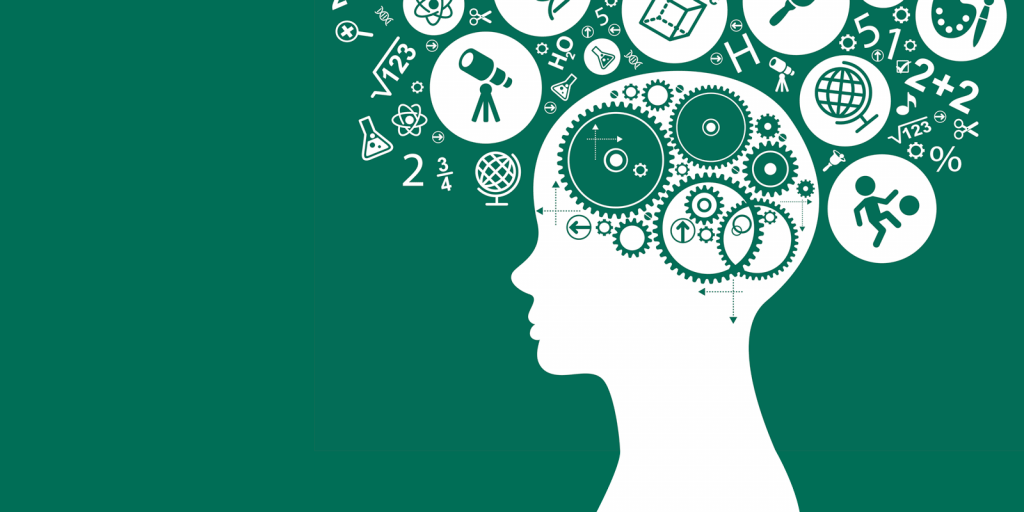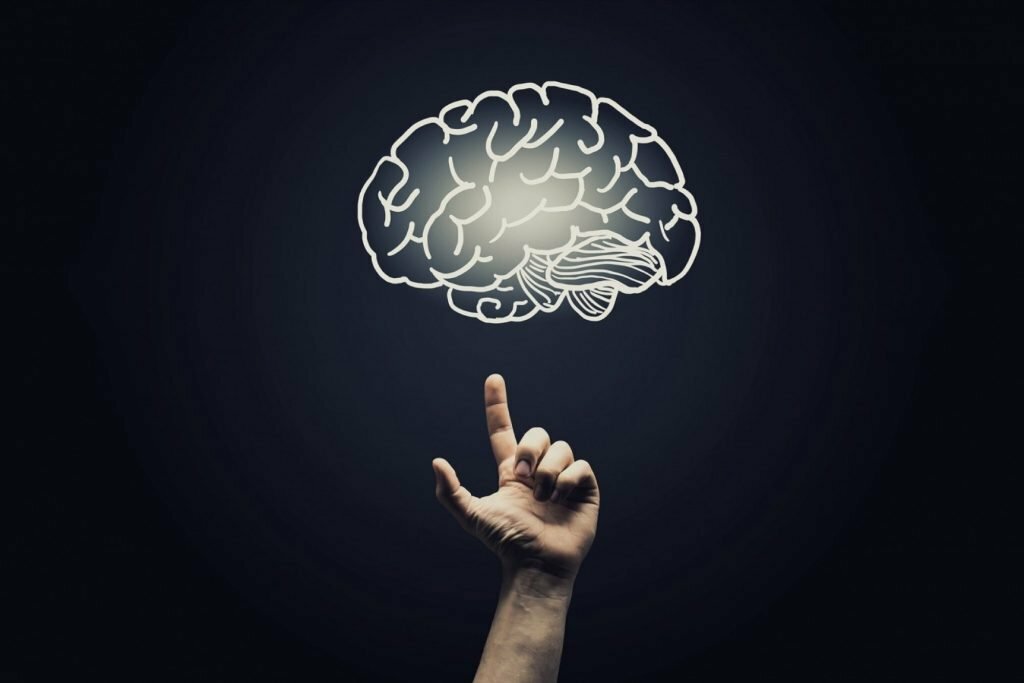Human Psychology – Human Being in Today’s World
Human Psychology: We are living in a modern world where we always need to adapt to changes, learn new things each time, improve ourselves consistently, and always move forward. Together with all the pleasurable consequences of this kind of life also brings some negative consequences that affect both our psychology and our physiology. Have you ever thought of this abstract term that is very powerful to affect all of the people in the world? Let’s take a close look at it!
What is Stress?
Psychologists define stress as a mental and physical condition that occurs when a person must adjust or adapt to a new environment[1]. There is a huge range of problems that we can give an example to the definition, I believe you have even guessed one right now!
So, let’s think that you are a college student and you have that one professor who does not really like you, and you both have the same feelings towards each other. And let’s also imagine that you are about to finish college but in one condition, you need to pass his exam which will be a very challenging one! Here you are being forced to adjust to his examination which you do not feel comfortable attending. Probably when you just hear the obligatoriness of this event, you will be feeling very unwell which is also combined with negative emotions. Then you will be stressing about the day you will encounter the professor and his exam, which may be even will create headaches for you. So, you will be having both mental and physical conditions that will make your life a little bit more exhausting than before.

But Do You Have to Think of Stress Always as a “Bad Thing”? No!
There is a term called eustress, actually a Greek word that literally means good stress. Good stress is the power you have that will move you to finish your work before its deadline. It is the last energy booster when you need it. According to Craig Smith, eustress occurs when the gap between what one has and what one wants is slightly pushed, but not overwhelmed[2]. So, which means, you have work due tonight (work that you can finish in 5 hours) and you have 6 hours left to the deadline. Here the eustress will come to your help to boost you to finish your task.
What is the Relationship Between Our Physiology and Stress?
A human being is not as strong as it might seem, even if it has a very strong immune system. The immune system is our body’s system that mobilizes bodily defenses, such as by creating white blood cells, against invading microbes and other diseases[3]. The more stressed we are the more our nervous system is weakened because when we are under stress our immune system will not be able to produce white blood cells which are against diseases and microbes to protect our body. I also would like to note that, studies indicate the role of stress in serious diseases such as cancer, coronary heart disease, irritable bowel syndrome, rheumatoid arthritis, and human immunodeficiency such as the virus HIV.
How Do We Cope With Stress Then?
As a psychology student, I would like to address cognitive behavioral strategies to reduce stress which will help you reduce your stress and improve your coping skills with the stressor.
We have two kinds of stress management strategies that you will find in the following;
Progressive Relaxation:
Progressive relaxation produces deep relaxation through the whole body by tightening all the muscles in one area and then relaxing them. This could be applied very easily but it is very efficient. I will give you two example that you can try right now while reading it;
- First, inhale from your nose until you cannot take no more, then hold your breath for a second, then exhale from your mouth, you will feel that relaxation.
- The other example will be with your shoulders, which we carry all our lives on them. Hold your hands on your sides and pull them backwards, you will be squeezing your back and you will feel your shoulder muscles as well. Hold them on your back as much as you can, then bring them towards the front to its normal position. You will be feeling relaxed afterwards.
Guided Imagery:
Guided imagery is a very known method of relaxation. In this method, you will be visualizing imagining that are relaxing, calming your soul, therefore your body, too.
Instead of giving you an example, I will guide you to YouTube to search for guided imagery videos where you will be able to close your eyes and find yourself in a very beautiful forest, or under a gently touching sun that comes with a summer breeze. Guided imagery is very efficient when it is done in a quiet environment and when the person leaves itself to focus on the session. So, don’t forget to get your earphones and close your eyes while listening to it.
What Happens When I Don’t Cope With The Stress?

When we face with excessive amounts of stress, according to Hans Selye’s explanation of General Adaptation Syndrome, we reach to the stage of exhaustion, which is basically lead the human body resources drained and left without any energy to even move. Afterwards, when it is still not treated it results in psychosomatic illnesses. Afterwards, body will be seriously damaged and will need a recovery sustained by a mental health professional to become healthy again.
As a conclusion, we see that stress is a part of human life that is very hard to run away from. But if we know how to cope with it, then we can even use stress as a motivator when we are very lazy to complete our tasks, which we call it eustress. If you ever feel very stressed, don’t forget to relax yourself and remember that your body needs you! Be mindful, take your mental and physical health a good care!
[1] Coon, D. & Mitterer, J. (2007). Psychology A Journey. Cengage Learning, 3rd Edition. ISBN: 0495095532, 9780495095538. Page 435.
[2] Smith, Craig (1991), “The Self, Appraisal and Coping”, Handbook of Social and Clinical Psychology: The Health Perspective, New York, NY: Pergamon Press, pp. 116–137
[3] Chaplin D. D. (2010). Overview of the immune response. The Journal of allergy and clinical immunology, 125(2 Suppl 2), S3–S23. https://doi.org/10.1016/j.jaci.2009.12.980



